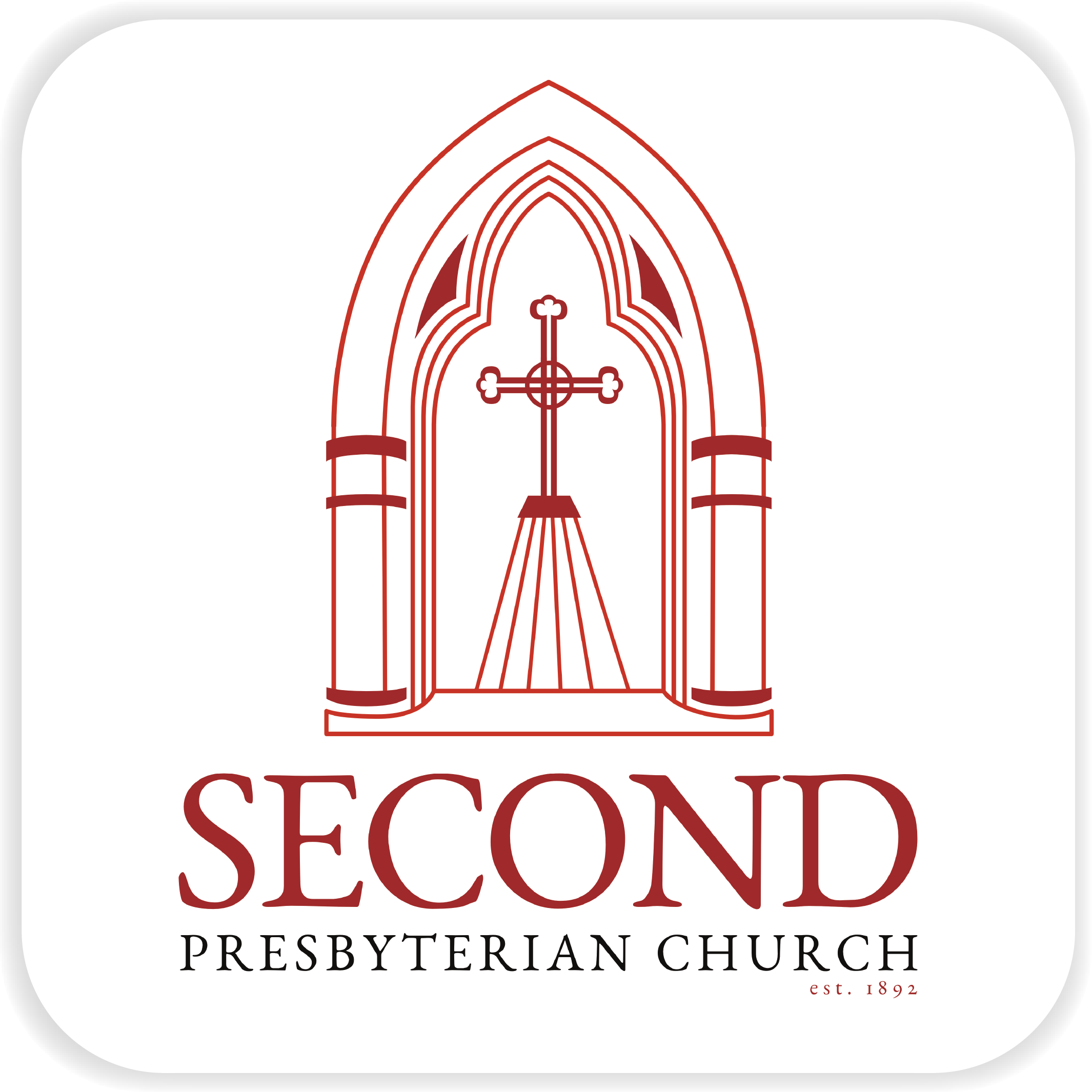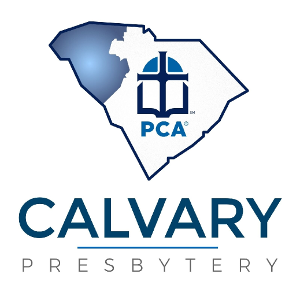Since questions concerning the sacrament of baptism have dogged the church for centuries, it is no surprise that I receive a good number of questions regarding baptism. Therefore, I thought it would be good to provide answers to some questions that I frequently receive.
Q: What do the words baptize and baptism mean?
A: The Greek word for “to baptize” (baptizo) means permanently identify with someone or something. Thus, baptism is a way in which we are publicly identified as belonging to the Lord Jesus Christ. The word for “baptism” (baptisma) means to either wash by pouring or dipping in water. For this reason, the word itself does not determine whether sprinkling or dunking is the correct mode since it can mean either.
Q: What does the sacrament of baptism represent?
A: The sacrament of baptism is not “an outward sign of an inward change,” as is often said, but rather baptism is a “sign and seal of the covenant of grace.” Baptism points to what God has done for us in Jesus Christ (most especially his atoning death and the sending of the Holy Spirit for spiritual renewal). Baptism also functions as an official seal, by which God officially marks someone who belongs to his covenant people (see Rom. 4:11).
Q: Why do we practice infant baptism?
A: Strictly speaking, we do not practice infant baptism. We practice covenant baptism. That is, we baptize Christian infants not because they are infants but because they are covenant children through their relationship with Christian parents.
Q: What is the biblical basis for covenant baptism, as opposed to believer’s baptism?
A: Here are the basic biblical considerations that lead us to this practice:
- Infants were included in the covenant family and received the sign of the covenant (circumcision) in the Old Testament. This principle is never altered or revoked in the New Testament, whereas other Old Testament practices are revoked. The burden of proof lies not with those who continue what God ordained but with those who would cancel it.
- In general, the new covenant expands rather than contracts the scope of God’s grace. We, therefore, should not expect to see children included in the Old Testament sacrament but excluded in the New.
- God’s covenant promise explicitly includes children in the New Testament: “The promise is to you and to your children” (Acts 2:39). Since children receive God’s salvation promise, they should receive the sign of God’s promise, baptism.
- God’s way of salvation has always embraced families. Not all believers’ children are saved, but they are all comprehended within God’s covenant community: “This is my covenant… between me and you and your offspring after you” (Gen. 17:9-10).
- Of the twelve baptisms recorded in the New Testament, three are household baptisms. In these cases, we are not told that children individually believed, but rather that the head of the household believed, and the household was baptized.
- Conferring the covenant sign and seal upon our children is consistent with Jesus’ exhortation and example: “Suffer the little children to come to me and do not forbid them… And he took them up in his arms and put his hands upon them and blessed them” (Mk. 10:14, 16).
Q: Why do we baptize by sprinkling, instead of immersion?
A: Because the Bible consistently relates baptism to sprinkling. Consider the example of Exodus 24:6-8, the teaching of Hebrews 9:11-22, and the prophecy of Ezekiel 36:25-26, “I will sprinkle clean water on you, and you shall be clean… I will give you a new heart, and a new spirit I will put within you.”
Q: Why does the Nicene Creed say, “We believe in one baptism for the remission of sins?”
A: People sometimes object to these words as unbiblical. In fact, they are practically a quotation from the Bible: “Rise and be baptized and wash away your sins, calling on his name” (Acts 22:16). Does this mean that we are confessing that forgiveness comes through the ritual of baptism? The answer is No. The Bible is clear that forgiveness comes only through faith in the atoning blood of Christ. Baptism is a symbol of the washing of our sins as we call on his name. Speaking the words of the Nicene Creed, we thus believe that baptism is a symbol of the remission of our sins. The word for (“one baptism for the remission of our sins”) should thus be taken and spoken to mean “corresponding to”.
Baptism, like the sacrament of the Lord’s Supper, is meant to be a picture, not a textbook. Therefore, perhaps the most important thing whenever we witness the baptism of a child or a new converted adult is for us to marvel, saying, “Christ washed away my sins and now he calls me to walk in purity and spiritual power as I bear His name in the world.”
May the Lord bless you all this week.
In Christ’s Love,
Pastor Rick Phillips


